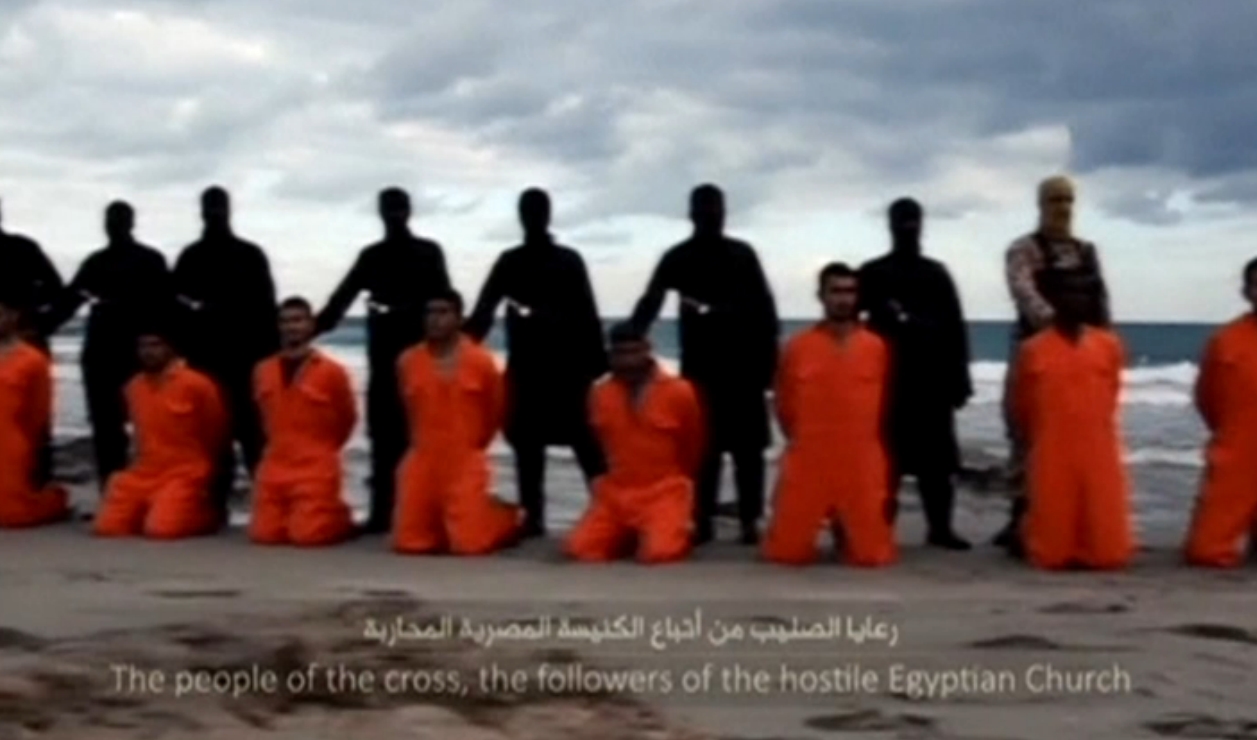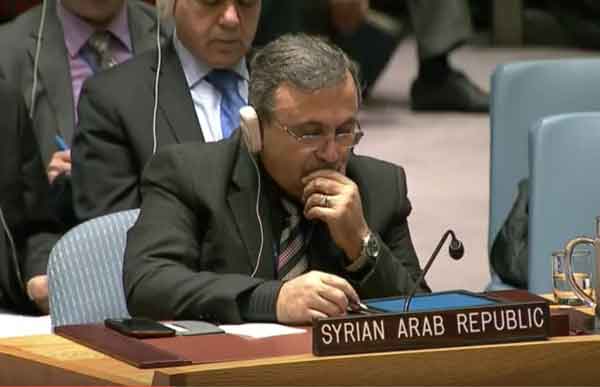CAIRO—Following the fall of a major Syrian government air base to Islamic State militants Sunday, Foreign Minister Walid al-Moallem is urging the international community to cooperate with his government and demanding that neighboring states stop their alleged support for the jihadist group.
The veteran Syrian foreign minister made his first major appearance since returning to work after a heart operation several months ago. His tone was conciliatory and he told the Damascus press corps that Syria is seeking international cooperation to combat Islamic State militants.
“My government is ready to cooperate and coordinate both regionally and internationally to fight terrorism…..if respect is given to Syrian sovereignty and independence, since the Syrian government ‘represents the country’s sovereignty,'” said al-Moallem.
Moallem went on to argue that Islamic State and Jabhat al-Nusrat militants are more dangerous than the Taliban or al-Qaida, which the U.S. and NATO have been fighting in Afghanistan since 2001. He calls it ironic that the United States has been trying to weaken the Syrian government and its military, while claiming to want to fight terrorism.
Moallem insisted his government would “not accept unilateral U.S.” attacks on Islamic State militants on Syrian soil, but stopped short of saying that Syrian forces would try to shoot down U.S. planes if they enter Syrian air space. He accused both Qatar and Turkey of supporting the militants.
The Syrian government plea for cooperation came a day after Islamic State militants captured a long besieged air base near the northern provincial capital of Raqqa. Amateur video showed the militants chanting “Allahu Akbar” and shooting their weapons in the air to celebrate.
The group posted gruesome photos on the Internet showing members parading the severed heads of government soldiers on pikes inside the city. Its combatants are reported to be close to two other major government air bases outside of Hama and Deir ez Zor.
Hilal Khashan, who teaches political science at the American University of Beirut, says that the militants’ capture of the air base and the West’s sudden eagerness to stop Islamic State from spreading farther may help Damascus shed its pariah state image.
“For months and months, the regime in Damascus has been talking about the fact that they were in the forefront in the fight against global terrorism and the latest advances of ISIS in Iraq and their takeover yesterday of Tabqa air base sends yet another message to the international community that ‘we are in one trench against our joint enemy.’ So, whether they admit it or not, I believe the West will seek to cooperate with the regime in Damascus, even if discreetly,” said Khashan.
Joshua Landis, who heads the Middle East Studies Department at the University of Oklahoma, however, says he thinks there is “little possibility in Washington of a formal alliance or cooperation of any sort” with the Assad regime.
He says that “most military experts in Washington are calling for something akin to ‘mowing the lawn,’ as we just witnessed Israel do to Hamas in Gaza.” He believes that U.S. authorities want to “kill and disrupt IS concentrations and leaders in Syria [but] without partnering with [either the rebels or the Syrian regime]………to take over IS-held territory.”






